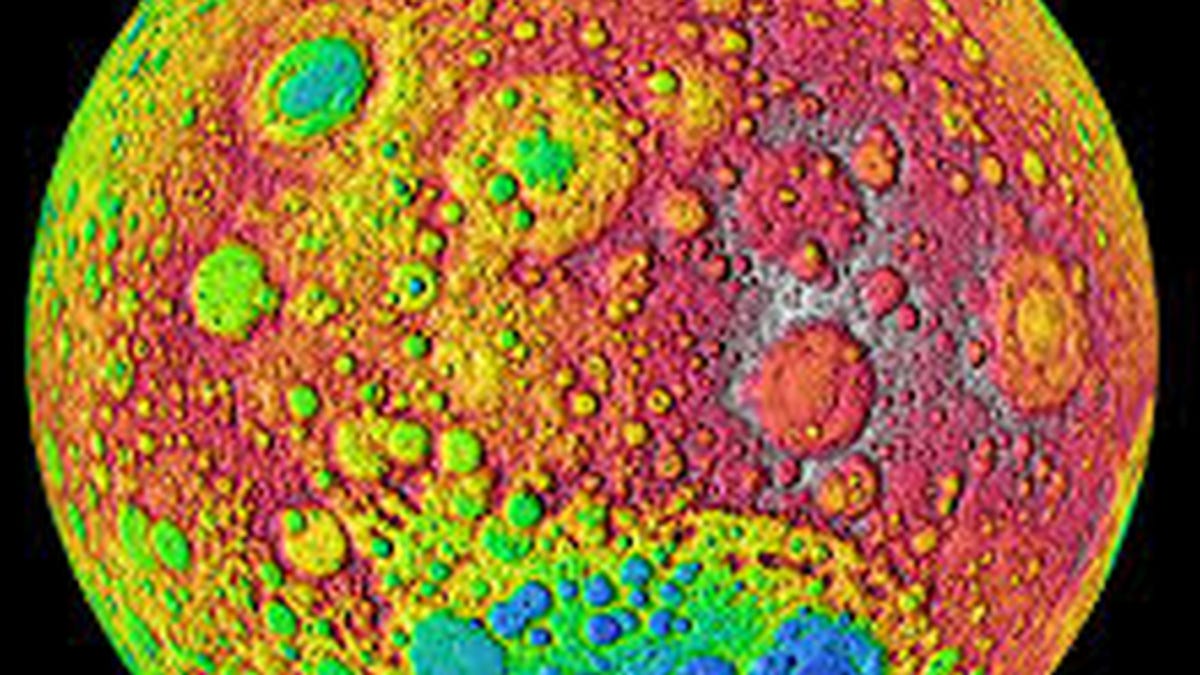 Why You Can Trust CNET
Why You Can Trust CNET One (alleged) cause of climate change you've never heard of
The Intergovernmental Panel on Climate Change says humans are to blame for our warming planet. Crave's Eric Mack recalls a time in Alaska where he learned exactly which humans could be most responsible.

Last week, the latest IPCC report on climate change said it's "extremely likely" that humans are to blame for our warming planet, which has been playing host to increasingly freaky and extreme weather in recent years.
The evidence in the report is convincing, but doesn't answer the next logical question: specifically, which humans are to blame?
Before you go shouting about coal-fired power plants and the Americans and the Indians and the Chinese, let me clarify the question even further. Who are the actual individual people that set into motion a chain of events that has led to melting permafrost, epic hurricanes, and the past really disturbing year here in the Rocky Mountains, where we've been plagued by wildfires followed by floods.
I mean seriously, WTF?! Who's responsible here? I want names!
It wasn't until this weekend, when I was reporting on one NASA scientist's notion to slam a used asteroid into the moon after we're done studying it, that my memory was jogged and I realized that I may be one of the few people able to provide such a list.
Ten years ago, I was living in a tiny village on Alaska's Yukon River. In May of 2003, I was invited to a workshop in a nearby village named Huslia that sits just below the Arctic Circle on the winding Koyukuk River. In attendance were climate scientists from the University of Alaska, as well as local Native Alaskan elders and youth. The idea was to record the traditional knowledge and observations of elders and other locals with regards to the changing weather patterns over the decades.
Much of what we heard that day falls in line with scientific evidence and other observations reported around the world, except one thing.
A lunar cause?
"It all started when they put a man on the moon," declared one of the elders at the workshop when the dialogue turned to possible causes of climate change.
Other elders echoed this belief that climate change was somehow linked to the 1969 moon landing and subsequent Apollo missions to our satellite without the slightest bit of irony or humor.
I remember writing the word "moon???" in my notes and then looking up and around the room at the nodding heads of other local elders and the bewildered looks on the faces of the other outsiders and academics in the room.
As it turns out, a respected leader had prophesied back in the late 1960s and early 1970s that major social and environmental change would be one of the direct consequences of humans setting foot on the moon.
Before you think about snickering, please consider that there would have been little contemporary climate science knowledge available at that time in a remote Arctic subsistence village, and that such a prediction actually makes a lot of sense within the context of the traditional Koyukon (a general term for the Athabascan Native Alaskans of the area) worldview. Not to mention the fact that, well, dude was right -- at least in terms of what happened in the decades that followed the Apollo program.
Permafrost is melting, animal migration patterns are changing, and summer wildfires are a major nuisance these days in Alaska. One elder I interviewed during my time there lamented the fact he "hasn't seen a 90 below day in decades." (These are the kind of things that people who are tougher than you or I are often heard to say -- a toughness driven home by the unmistakable tone of melancholy that accompanied the statement.)
So, to answer the question scrawled in my notes that day, why the moon?
Here's how some of the academics that were also in attendance the same day as myself would later explain the belief in an Apollo Mission-Climate Change link in the journal Ecology and Society:
The moon has considerable power and significance in Koyukon cosmology. Tampering with the moon in the form of lunar space landings was disrespectful and inappropriate and could only lead to negative repercussions... Indeed, the moon landings have a symbolic role, too, in relation to humankind's pursuit of technological and other forms of progress without careful consideration of the consequences: landing on the moon was a boastful and arrogant thing to do to another spirit.
The authors, some of whom were raised in or around Huslia, also suggest that bringing up the supposed link between the moon landing and climate change could have served as a sort of test for the visiting researchers and outsiders like myself. It may not have been meant to be taken completely at face value, but instead as a way of gauging the open-mindedness of the visitors to the differences between the Native worldview and more scientific explanations.
Interestingly, it seems that with the latest IPCC report's strong assertion that humans have contributed to climate change, science could actually be catching up to the traditional knowledge that residents of Huslia have held for decades.
Only difference is that the elders can point to specific human contributors. You probably know two of them. Their names are Neil and Buzz.

